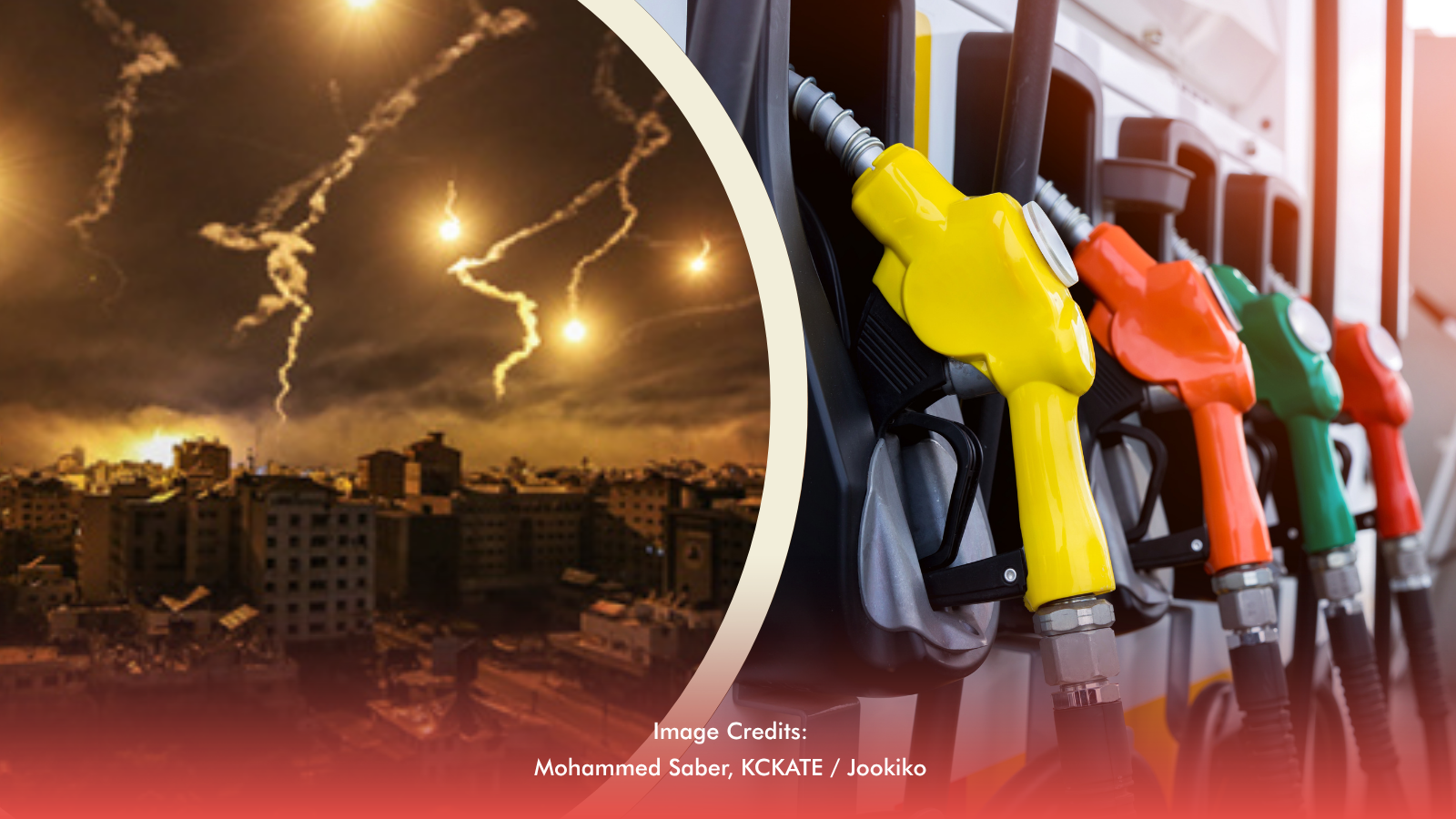Fuel prices in the Philippines are volatile as the Israel-Iran conflict fuels global uncertainty. On June 24, major oil companies implemented a staggered pump price increase: gasoline rose by ?1.75 per liter, diesel by ?2.60, and kerosene by ?2.40. A second wave followed on June 26 and 27, reflecting the same adjustments, as recommended by the Department of Energy (DOE) to reduce strain on consumers and transport operators.
This marks one of the steepest price hikes so far this year, drawing concern from motorists, public utility operators, and ordinary commuters already facing high inflation and rising living costs.
Current Situation of Fuel Prices
Fuel benchmarks are reacting to global developments, with Dubai crude trading around $75 to $76 per barrel. Though actual oil supply remains steady, heightened concerns over shipping route disruptions in the Middle East have spurred speculative trading. This is causing quick shifts in global oil prices, which local importers in the Philippines must account for, leading to weekly fuel price changes.
Local oil companies continue to adjust pump prices in line with international movements, aiming to smoothen increases and avoid sudden shocks. The peso's weakness against the dollar is also contributing to higher import costs.
Factors Affecting Prices and Government Interventions
In response to recent developments, the DOE met with oil firms to coordinate the staggered implementation of fuel hikes. The agency also urged the expansion of discount programs for sectors like public transport and agriculture, and is preparing targeted subsidies in case oil prices breach $80 per barrel. The DOE is also increasing the number of fuel stations offering sectoral discounts to provide relief for affected drivers.
Transport groups have voiced concern over the sustained increases, warning that it could lead to fare hikes and cascading effects on goods and services. The government is monitoring the situation closely to determine whether more aggressive measures are necessary.
What to Expect Moving Forward
With no clear end in sight to the conflict in the Middle East, fuel price fluctuations are likely to continue in the near term. Weekly price reviews and adjustments will remain standard, but further increases cannot be ruled out.
This volatile period underscores the country’s dependence on imported fuel and the importance of long-term solutions. Officials and energy experts are again pushing for a stronger focus on renewable energy, alternative fuels, and local production to reduce the Philippines’ exposure to global oil market shocks.








